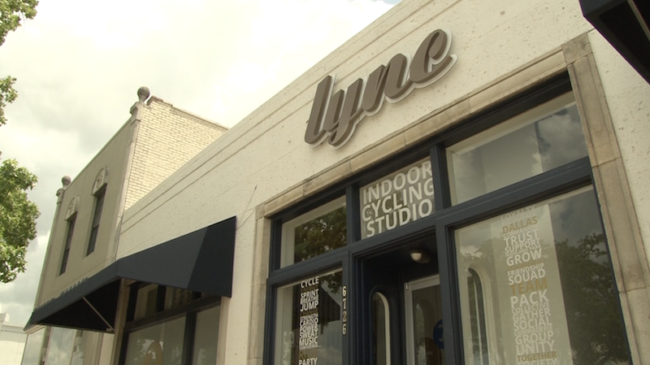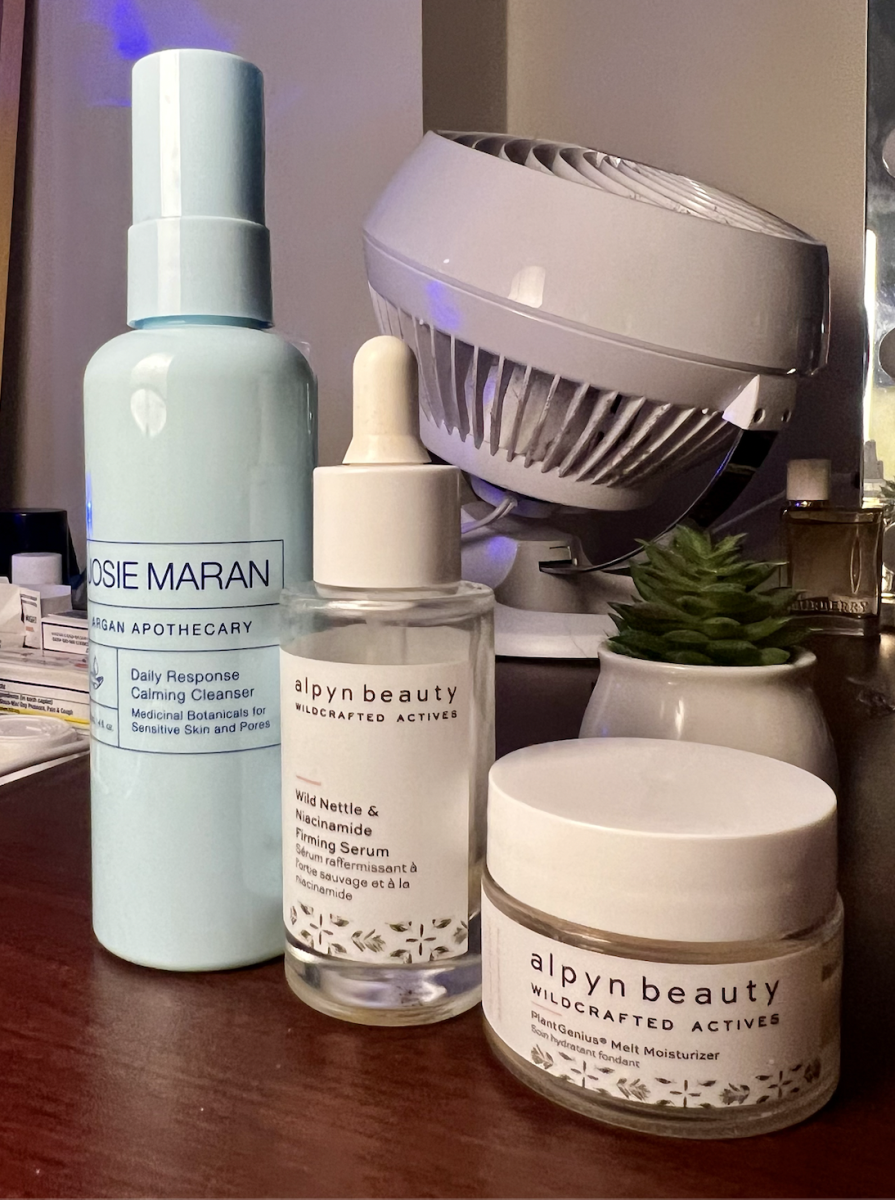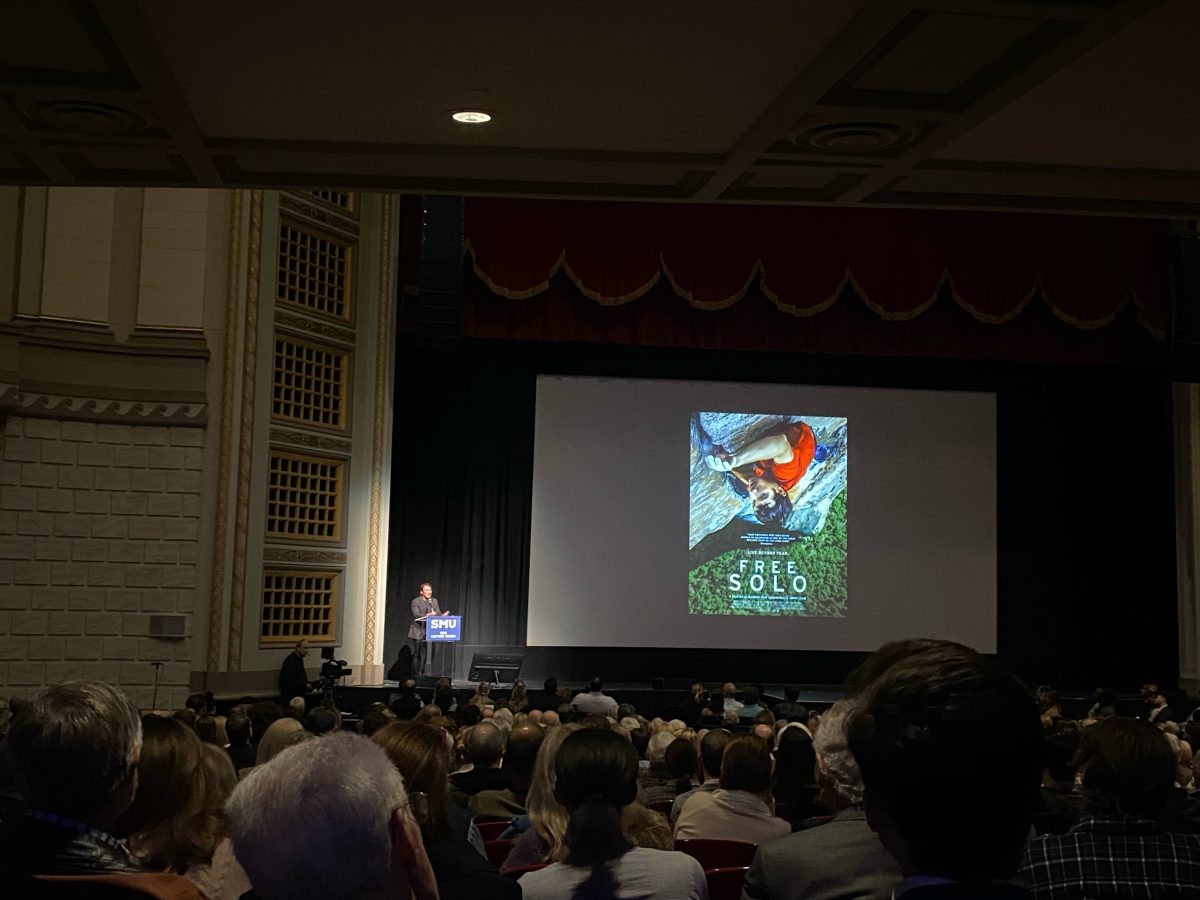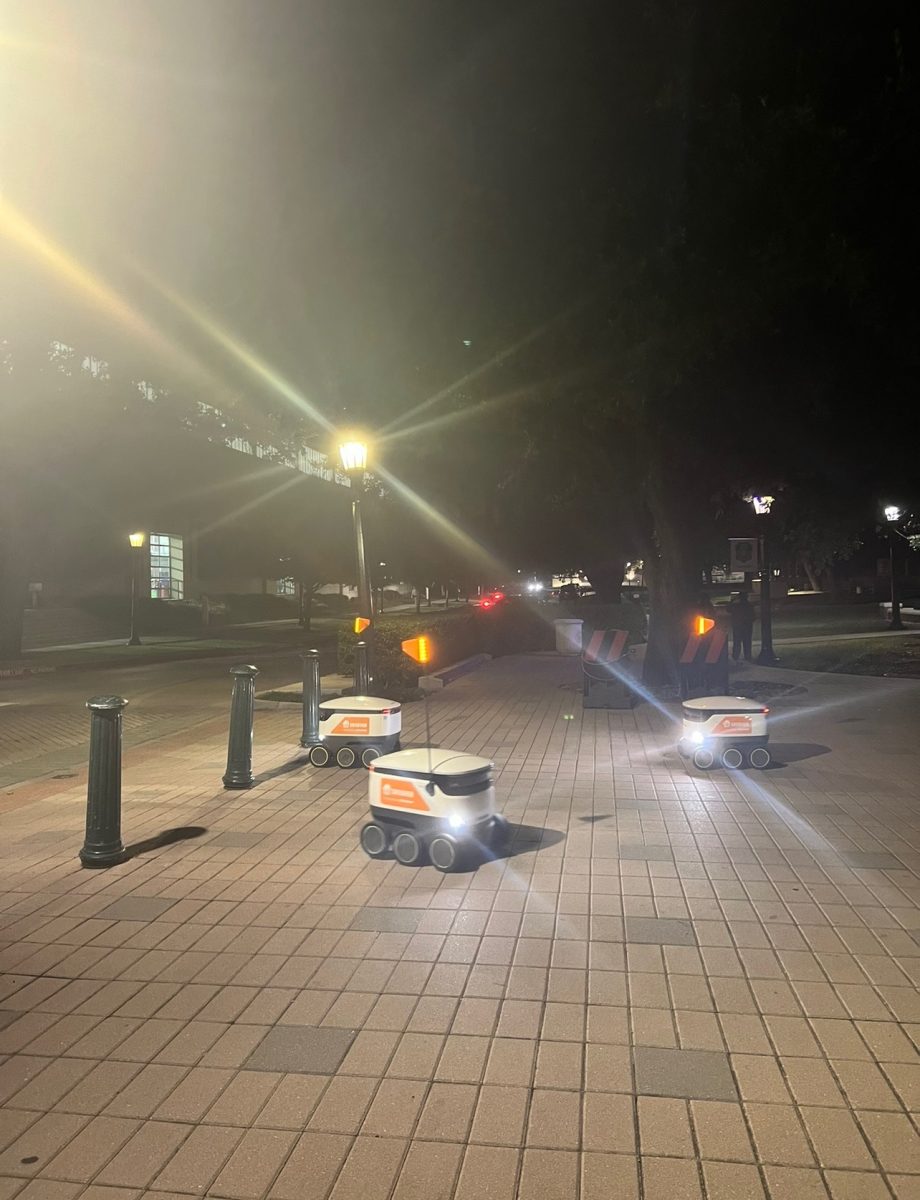Two SMU alumni are taking an alternative route to post-graduate careers by operating and running a spin studio in Snider Plaza.
“I’ve always been interested in fitness, I grew up ice-skating, I ran track in high school and in college,” Kelsey Howard, co-owner of Lync Cycling said. “It kind of all found its way into this sort of passion project.”
Information released from the U.S. Census reveals that only 27.3% of graduates are working in their major.
“I had every intention of pursuing a job in my field of working in sports, but when I kind of found Lync and started working with Kelsey I realized that this was where my passion was” Sydney Merriman, Lync manager and SMU alum said.
College students often believe that a major confines them to a specific profession, but these two fitness instructors show that degrees can be versatile.
“I studied corporate communications and public affairs with a minor in political science and then went on to go to graduate school at SMU and studied Law,” Howard said. “Both of them together have given me almost all the tools I need to run this business.”
A Survey Monkey of 28 recent graduates reveals that 60% agreed that college teaches important skills outside of the classroom.
Members of the Hegi Family Career Development Center reveal how students can use their degrees and personal skills to find career paths
“The skills that students really take away from their majors are what we label as transferable skills,” Whitney Wells, Career Counselor, said.
These skills can be learned in the classroom and outside the classroom through activities and organizations that students are passionate about.
“If I maximized my opportunity in involvement in leadership roles that was what was going to find me a job.” Mary Katherine Rademancher, Employer Relations Specialist at the Hegi Career Center, said.
Howard and Merriman and Lync Cycling are examples that a degree doesn’t define a specific career path but can equip students to be better suited to pursue what they are passionate about.














